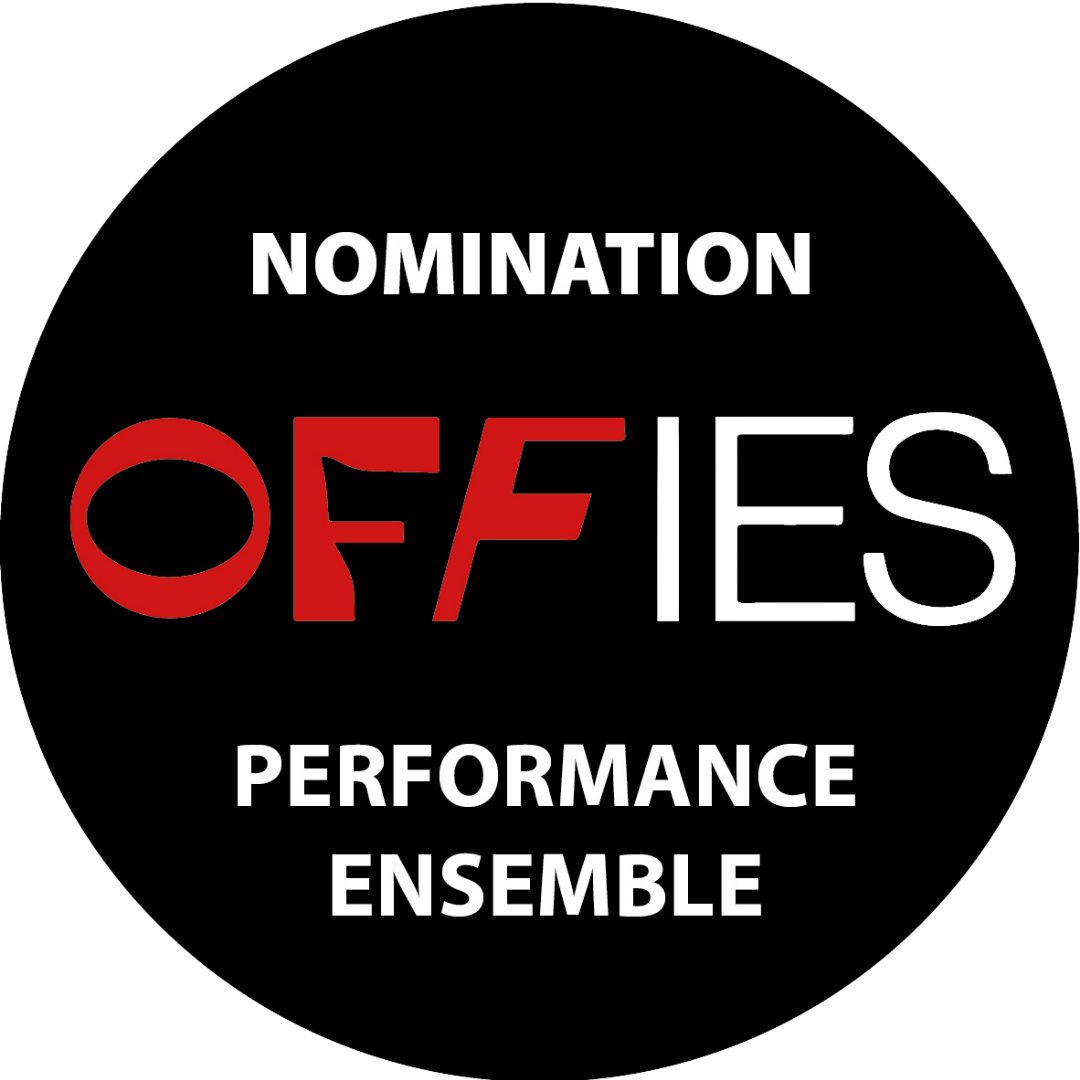
Mark and I met in the dark depths of the third lockdown, over Zoom, on a playwriting course. At the time the idea of pursuing a career in theatre directing was very new (a slightly perverse notion, it must be said, given that every theatre in the country was closed at the time, but then absence had made the heart grow fonder). I was keen to develop new work and noticed, from the short extracts shared in our classes, that Mark was possessed of a natural gift for writing character and speech. I asked if he had anything I could read and he sent over a monologue delivered from the perspective of a devoted husband called Dennis, who solicitously cares for his wife, Gina, who’s upstairs in a coma after suffering from a stroke a few months previously. Mark’s powers of observation and the natural easy rhythms of his written speech were clear from the start, and I decided to stage a filmed version of the play.
What’s interesting, looking back now, is how different the play was without the presence of Gina on stage. It was still a touching story, but it was also in its way quite unsettling. Gina was a silent figure, upstairs, offstage, without a voice. ‘Does she have a life of her own in her head?’ Dennis asks at one point, and we, the audience, don’t know the answer. All we do know is that he looks after her, lovingly for sure, but perhaps slightly too lovingly. There’s a sense in which Dennis almost enjoys the present arrangement, and that finally, when all’s said and done, he now has her where he wants her. She is his, to have and to hold. ‘You like the routine, Dad. You like to be in control,’ his daughter Maddie says to him towards the end of the play. ‘That’s right, isn’t it Gina love?’ he says later into the baby monitor he uses to listen to her from downstairs, ‘You’ve always had me to look after you.’
What’s interesting, looking back now, is how different the play was without the presence of Gina on stage. It was still a touching story, but it was also in its way quite unsettling. Gina was a silent figure, upstairs, offstage, without a voice. ‘Does she have a life of her own in her head?’ Dennis asks at one point, and we, the audience, don’t know the answer. All we do know is that he looks after her, lovingly for sure, but perhaps slightly too lovingly. There’s a sense in which Dennis almost enjoys the present arrangement, and that finally, when all’s said and done, he now has her where he wants her. She is his, to have and to hold. ‘You like the routine, Dad. You like to be in control,’ his daughter Maddie says to him towards the end of the play. ‘That’s right, isn’t it Gina love?’ he says later into the baby monitor he uses to listen to her from downstairs, ‘You’ve always had me to look after you.’
From the start the play seemed to divide opinion. Two friends of mine who helped me film it had contrasting reactions: one felt a genuine concern for Gina, the other’s sympathies lay squarely with Dennis given all he’d had to endure.
Not long after, Mark said that he was ready to write Gina’s part, that he could already hear her speaking. We developed the idea of weaving their two monologues together, so the audience could witness their different perspectives on the same events, the ways in which each of them shaped their memories to fit the narratives of their lives.
Crucially, Gina also provided a bolt of vitality to the play, an injection of strength and wit. She’s fierce and funny, sympathetic but also possessed of the capacity to be bitingly cruel. The strength of Mark’s writing lies in the fact that a character can be all these things at once. He has the courage to allow meaning to be open-ended, for every character to be flawed; he’s not interested in apportioning judgement and delivering a clear message. This is not to say, however, that the play does not tackle various social themes head-on: To Have and To Hold, as much as anything, is about the societal expectations and constraints placed upon women, particularly for the generation and class in British life to which Gina belongs.
It’s been a real pleasure developing the play with Mark, and the journey of the production has felt serendipitous for the both of us. So far it’s been a fruitful working collaboration, and though there’s a slight age gap between us, such barriers drop away when you’re able to work well. This is part of the joy of collaboration in theatre. All that matters is the play.
We already have plans underway for future productions. So, to end with a cynical plug, if you like To Have and To Hold then please follow New Troubadour Theatre on your social media platform of choice (pick your poison…) where you’ll be able to follow updates on all future shows.
Finlay Glen
Director
Newtroubadour.co.uk
TO HAVE AND TO HOLD runs 29th November - 10th December 2022 (Tuesday - Saturday)
Book HERE
Not long after, Mark said that he was ready to write Gina’s part, that he could already hear her speaking. We developed the idea of weaving their two monologues together, so the audience could witness their different perspectives on the same events, the ways in which each of them shaped their memories to fit the narratives of their lives.
Crucially, Gina also provided a bolt of vitality to the play, an injection of strength and wit. She’s fierce and funny, sympathetic but also possessed of the capacity to be bitingly cruel. The strength of Mark’s writing lies in the fact that a character can be all these things at once. He has the courage to allow meaning to be open-ended, for every character to be flawed; he’s not interested in apportioning judgement and delivering a clear message. This is not to say, however, that the play does not tackle various social themes head-on: To Have and To Hold, as much as anything, is about the societal expectations and constraints placed upon women, particularly for the generation and class in British life to which Gina belongs.
It’s been a real pleasure developing the play with Mark, and the journey of the production has felt serendipitous for the both of us. So far it’s been a fruitful working collaboration, and though there’s a slight age gap between us, such barriers drop away when you’re able to work well. This is part of the joy of collaboration in theatre. All that matters is the play.
We already have plans underway for future productions. So, to end with a cynical plug, if you like To Have and To Hold then please follow New Troubadour Theatre on your social media platform of choice (pick your poison…) where you’ll be able to follow updates on all future shows.
Finlay Glen
Director
Newtroubadour.co.uk
TO HAVE AND TO HOLD runs 29th November - 10th December 2022 (Tuesday - Saturday)
Book HERE

 RSS Feed
RSS Feed













